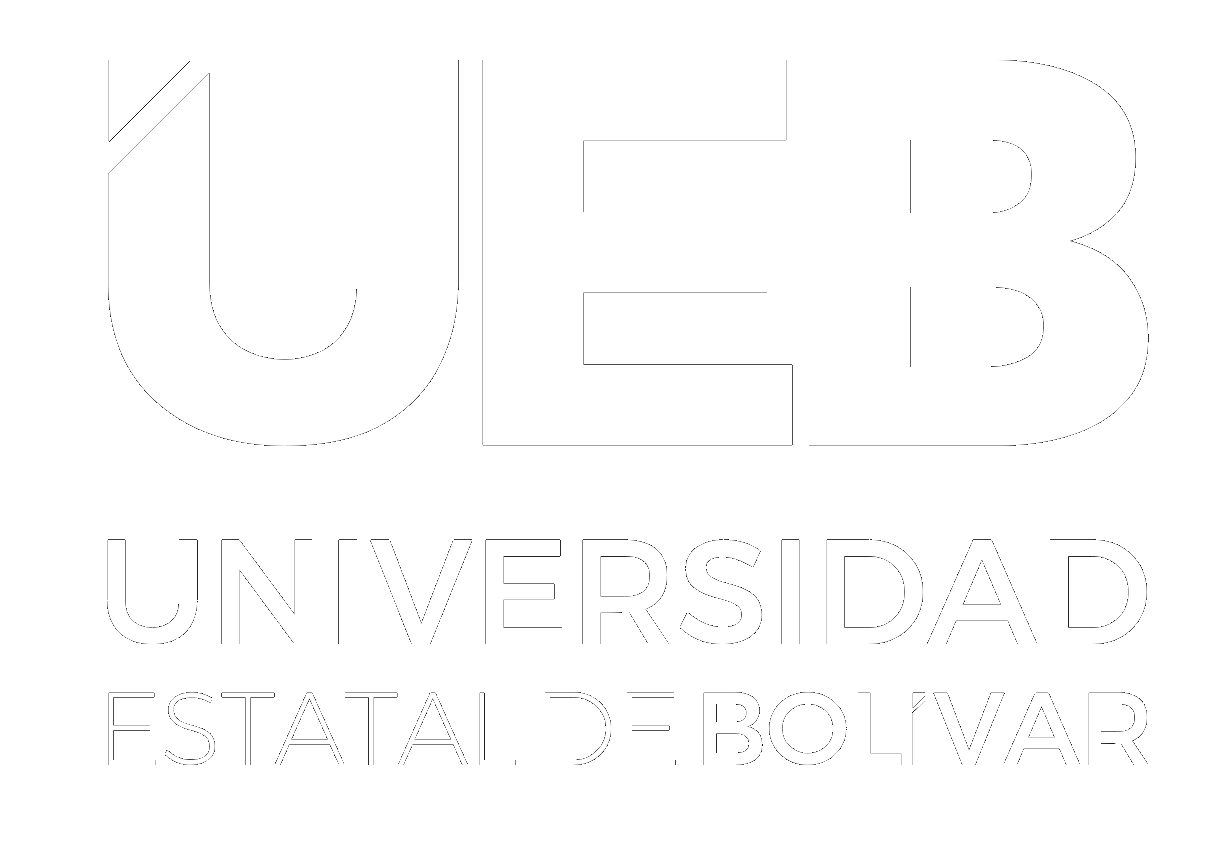Por favor, use este identificador para citar o enlazar este ítem:
https://dspace.ueb.edu.ec/handle/123456789/6554| Título : | La irrevocabilidad del reconocimiento voluntario de hijo frente a la doctrina de la protección integral, en Ecuador, año 2021. |
| Autor : | Cabrera Vélez, Juan Pablo López Cáliz, Sleyter Alexander |
| Palabras clave : | IRREVOCABILIDAD PROTECCIÓN INTEGRAL DEL MENOR RECONOCIMIENTO DE HIJO INTERÉS SUPERIOR DEL NIÑO DERECHOS DE FAMILIA |
| Fecha de publicación : | 5-ene-2024 |
| Editorial : | Universidad Estatal de Bolívar. Facultad de Jurisprudencia, Ciencias Sociales y Políticas. Carrera de Derecho. Abogado de los Tribunales de la República. |
| Citación : | López Cáliz, Sleyter Alexander. (2023). La irrevocabilidad del reconocimiento voluntario de hijo frente a la doctrina de la protección integral, en Ecuador, año 2021. Trabajo de investigación previo a la obtención del título de Abogado de los Tribunales de la República. Guaranda: UEB. 69 p. |
| Citación : | FJCS.DE;868 |
| Resumen : | La investigación titulada: “La irrevocabilidad del reconocimiento voluntario de hijo frente a la doctrina de la protección integral, en Ecuador, año 2021” Enfrenta como problema general el hecho de que el reconocimiento voluntario de hijo posee el carácter de irrevocable, esto es, que no puede cambiarse dicho estado civil, por ende, si un padre legal -aquel que ha reconocido- desea remover el acto del reconocimiento no puede hacerlo, incluso si puede probar no ser el progenitor por medio científico de examen de ADN; esto por cuanto, existe prohibición expresa en el artículo 248 del Código Civil. Tal prohibición se ha previsto en la norma, para intentar mantener el concepto de familia de acuerdo a lo que prevé el artículo 67 la Constitución de la República del Ecuador, que ve en estos fenómenos sociales la oportunidad de que un niño que no ha sido reconocido pertenezca a un medio familiar. Lo anteriormente expuesto, dentro de la normativa constitucional e infra constitucional, tiene como finalidad proteger el derecho del menor al desarrollo integral, al brindarle una figura paterna y de este modo una familia; en estricta aplicación del principio del interés superior del niño. Consecuentemente, el objetivo general del trabajo consistirá en determinar los efectos que produce la protección integral del menor, sobre el principio de irrevocabilidad del reconocimiento voluntario de hijo. La metodología que utilizará la investigación será: Enfoque cualitativo propio del Derecho, con alcance descriptivo pues se analizará la doctrina, ley y jurisprudencia, el diseño será de carácter no experimentar por ser un tema de las Ciencias Sociales. En método será: lógico-inductivo, analítico e interpretativo, porque 2 se necesita investigar la evolución de la normativa y describirla de forma objetiva. Finalmente, se arribará a las principales conclusiones del trabajo, cuales se centrarán en determinar que la irrevocabilidad del reconocimiento del hijo obedece a proteger el desarrollo integral del menor. Como recomendaciones se plantearán algunas teóricas que podrían ser utilizadas para fundamentar una posible reforma de ley. |
| Descripción : | The research entitled: "The irrevocability of the voluntary recognition of a child facing the doctrine of integral protection in Ecuador, year 2021" faces as a general problem the fact that the voluntary recognition of a child has the character of irrevocable, that is, that this civil status cannot be changed, therefore, if a legal father -the one who has recognized- wishes to remove the act of recognition he cannot do it, even if he can prove not to be the parent by scientific means of DNA testing; this because there is an express prohibition in Article 248 of the Civil Code. Such prohibition has been foreseen in the norm, in order to try to maintain the concept of family in accordance with the provisions of article 67 of the Constitution of the Republic of Ecuador, which sees in these social phenomena the opportunity for a child who has not been recognized to belong to a family environment. The aforementioned, within the constitutional and infra-constitutional regulations, has the purpose of protecting the right of the minor to integral development, by providing him/her with a father figure and thus a family; in strict application of the principle of the best interest of the child. Consequently, the general objective of the work will be to determine the effects produced by the integral protection of the minor, on the principle of irrevocability of the voluntary recognition of a child. The methodology to be used in the research will be: Qualitative approach proper of the Law, with descriptive scope since the doctrine, law and jurisprudence will be analyzed, the design will be of non-experimental character for being a subject of the Social Sciences. The method will be: logical-inductive, analytical and interpretative, because it is necessary to investigate the evolution of the law and describe it objectively. Finally, the main conclusions of the work will be arrived at, which will be centered on determining that the irrevocability of the recognition of the child obeys to protect the integral development of the minor. 4 Some theoretical recommendations will be made that could be used to support a possible reform of the law. Key words: Recognition of the child, integral protection of the minor, best interests of the child, family rights. |
| URI : | https://dspace.ueb.edu.ec/handle/123456789/6554 |
| Aparece en las colecciones: | Derecho |
Ficheros en este ítem:
| Fichero | Descripción | Tamaño | Formato | |
|---|---|---|---|---|
| Informe Final Sleyter López biblioteca.pdf | Universidad Estatal de Bolívar. Facultad de Jurisprudencia, Ciencias Sociales y Políticas. Carrera de Derecho. | 1,61 MB | Adobe PDF | Visualizar/Abrir |
Los ítems de DSpace están protegidos por copyright, con todos los derechos reservados, a menos que se indique lo contrario.

